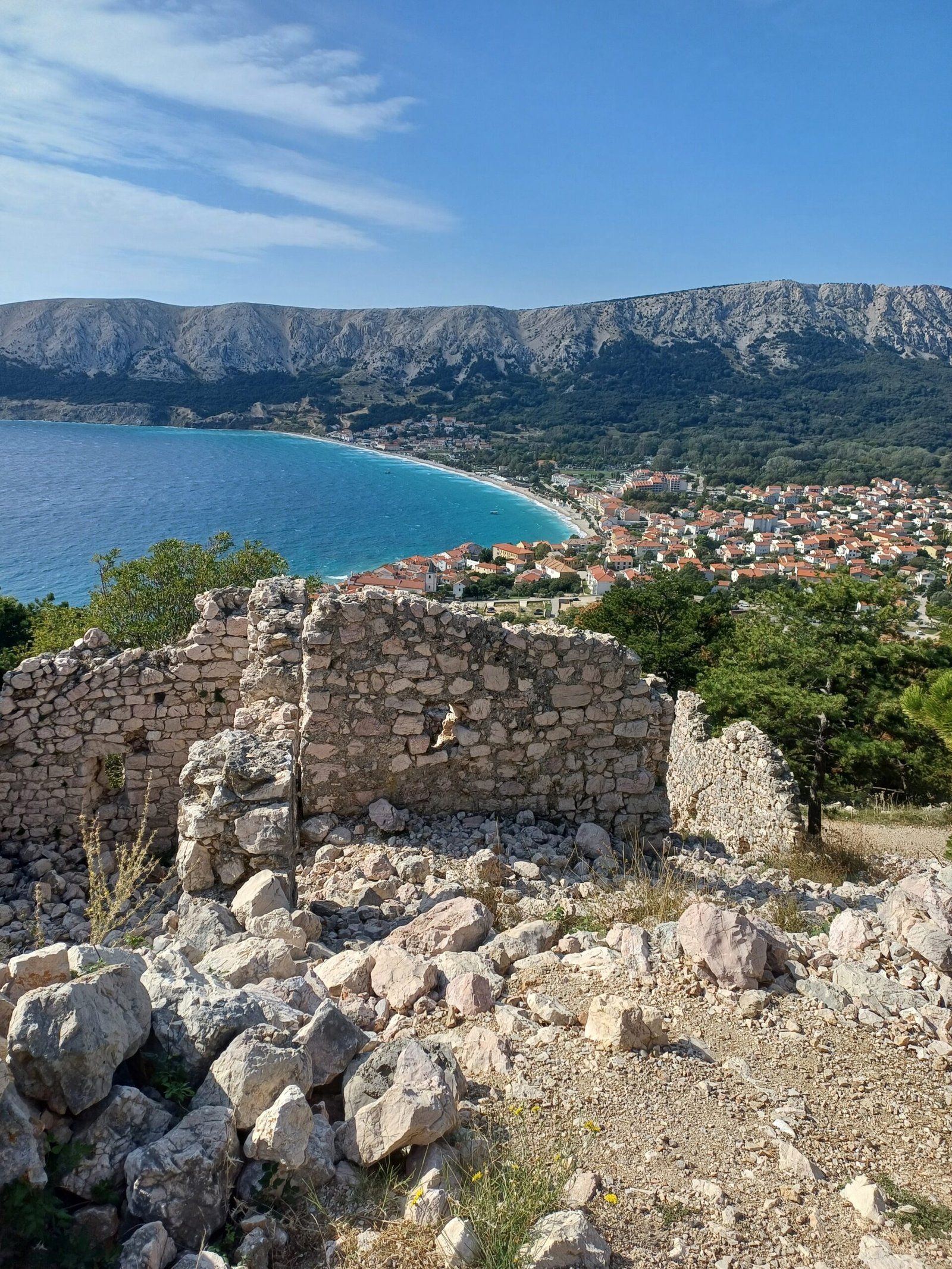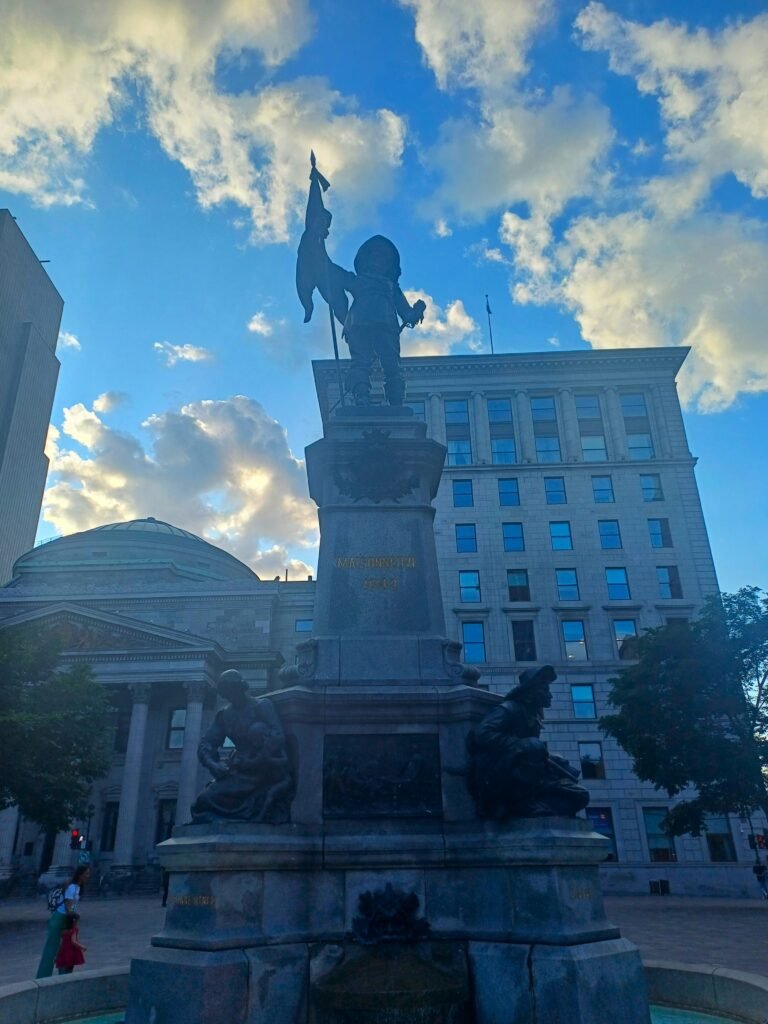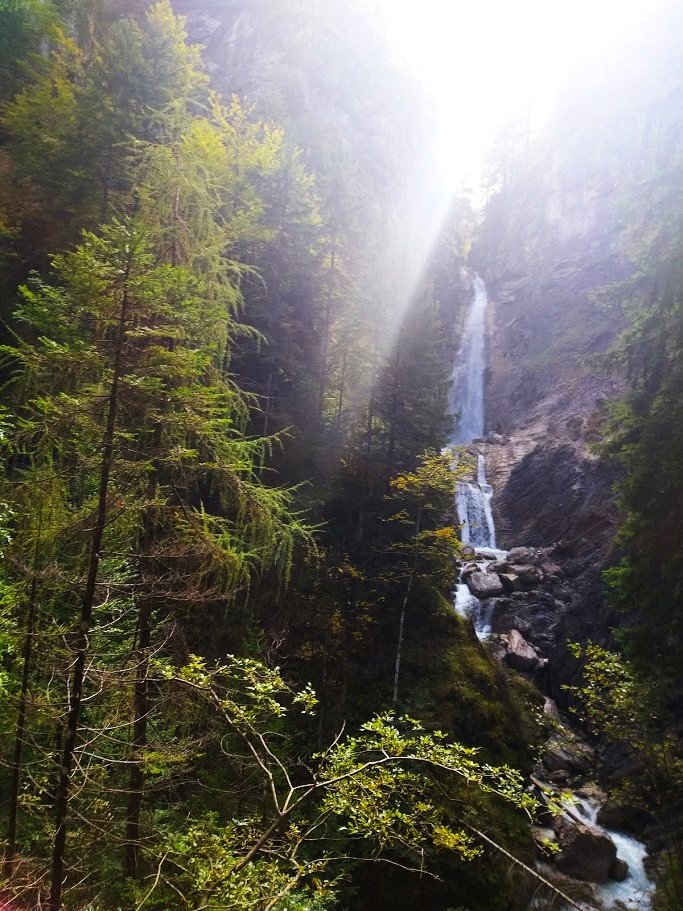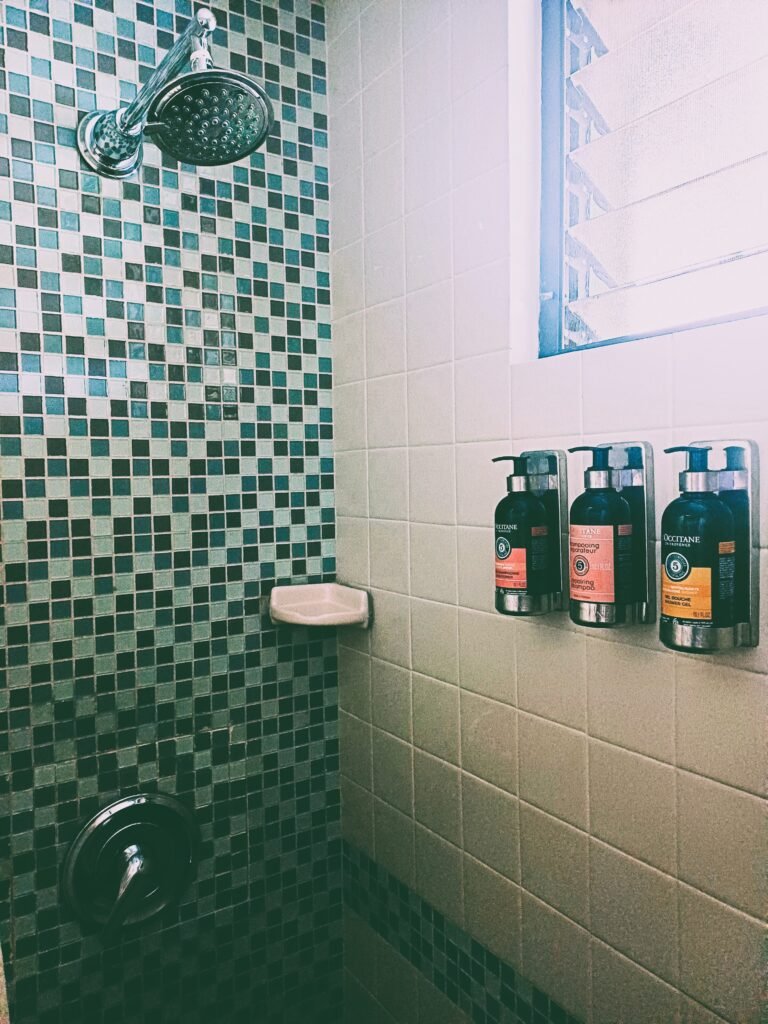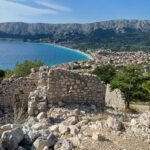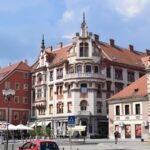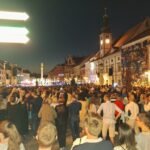Sustainable Destination Highlights: Krk Island
Last October, I travelled to Krk Island, in Croatia, and was pleasantly surprised by the sustainable initiatives in place. In this blog, I’m excited to share the sustainability gems I discovered during my journey and shed light on the invaluable lessons that other destinations and accommodations can learn from Krk Island’s inspiring sustainability initiatives.
Educational Materials and Separate Stream Recycling
The standout sustainability feature across accommodations on Krk was the implementation of educational materials on recycling systems. Developed by the Krk Island waste collection company, these materials provide information in four languages—Croatian, German, Italian, and English—to cater to the majority of visiting tourist groups. Each accommodation, that I stayed at, offered a color-coded, separate stream recycling system; For instance, the blue bin is designated for paper and green bin for plastic. Some establishments had smaller in-apartment recycling bins, while others utilized larger bins located outside. This cohesive approach between government, businesses, and tourists sets a commendable example for fostering sustainability.
Recommendation: The adoption of a similar model in other destinations can significantly boost recycling rates and diminish the negative ecological impact of tourism. If recycling resources are limited, providing guests with educational materials that highlight recommendations on waste reduction or offering zero-waste options, such as potable tap water or refillable coolers, can be equally impactful. Any sustainability effort is better than no effort.
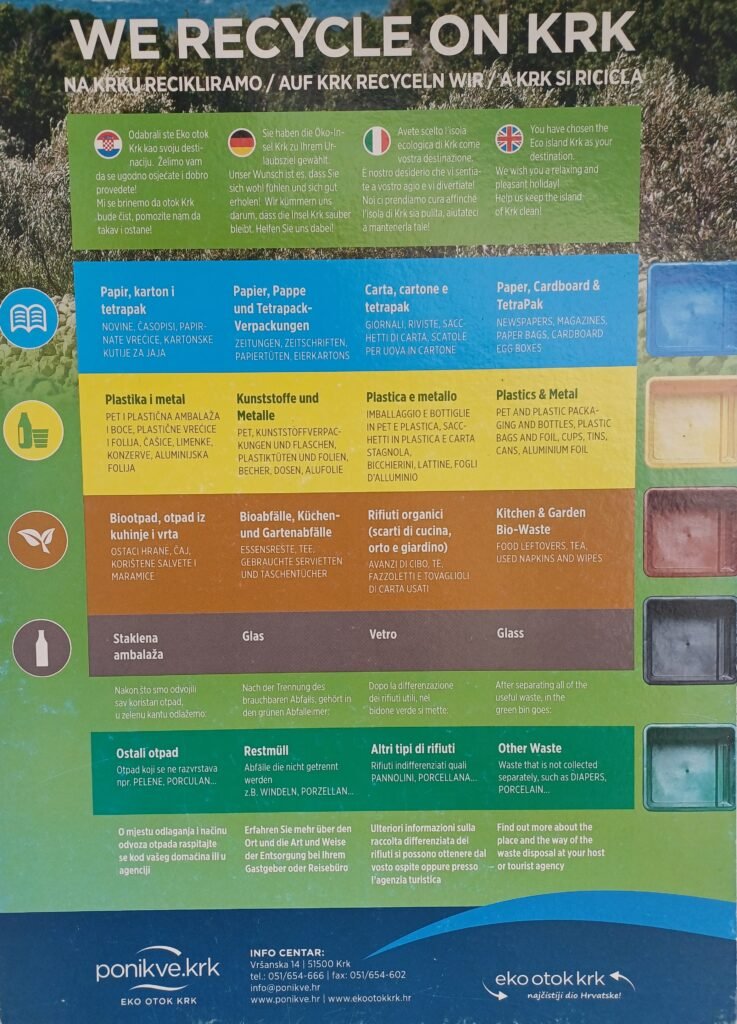
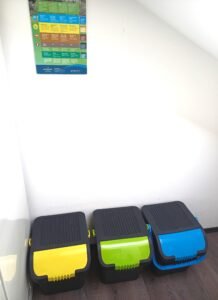
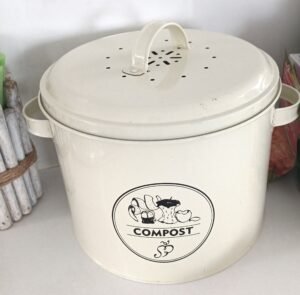
Grocery Store Initiatives
Lidl, a prominent grocery store, implements a bottle deposit system for plastic bottles and cans, offering a store credit for returned items. While I didn’t personally utilize this service, it’s a noteworthy option for those in campervans or seeking sustainable practices.
Krk Island Recommendations
Travel During Shoulder Season
Opting for travel during the shoulder season, from mid September to early October or May, proves beneficial in avoiding crowds and enjoying more affordable accommodation and car rental options. Additionally, this provides a more serene experience at beaches and landmarks.
Eat Local
Indulge in the local gastronomic delights, including fresh seafood (try the freshly-caught sardines), wine from the local vineyards (ie. Šipun winery), truffles, cheese, olives, and cured meats. Noteworthy restaurants include Konoba Sidro in Punat and Forza Restaurant in Baška.
Get Out in Nature
Immerse yourself in nature through activities like hiking for panoramic views of Baška from hilltop castle ruins or engaging in water sports like windsurfing, wingfoiling, or paddleboarding.
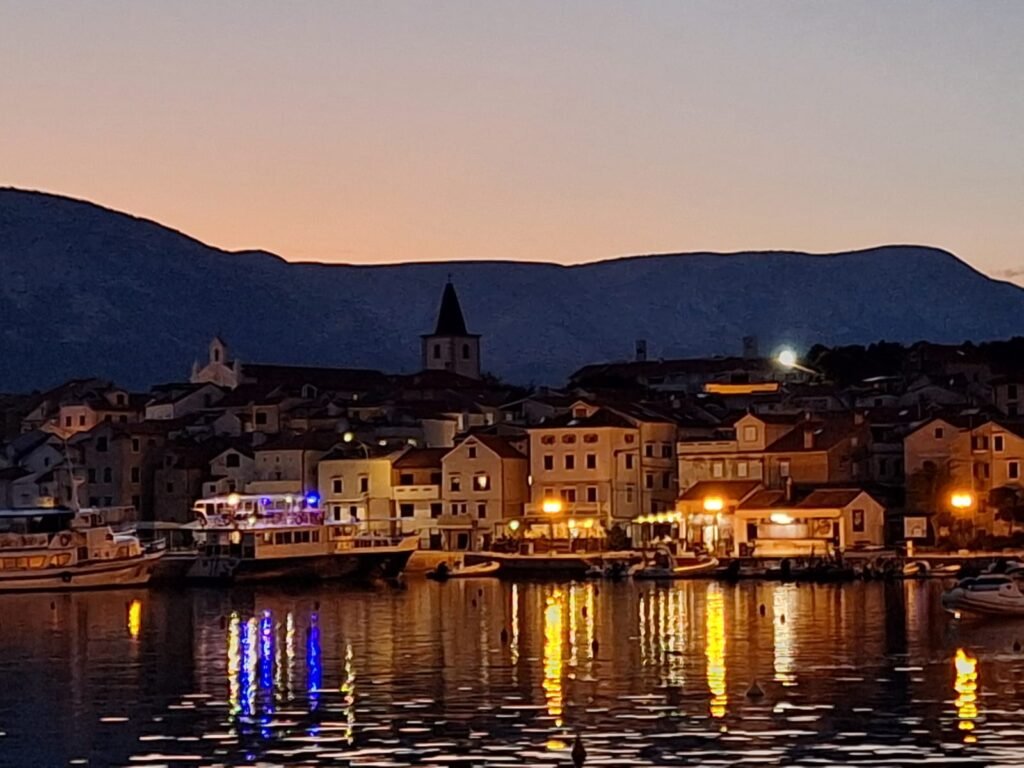
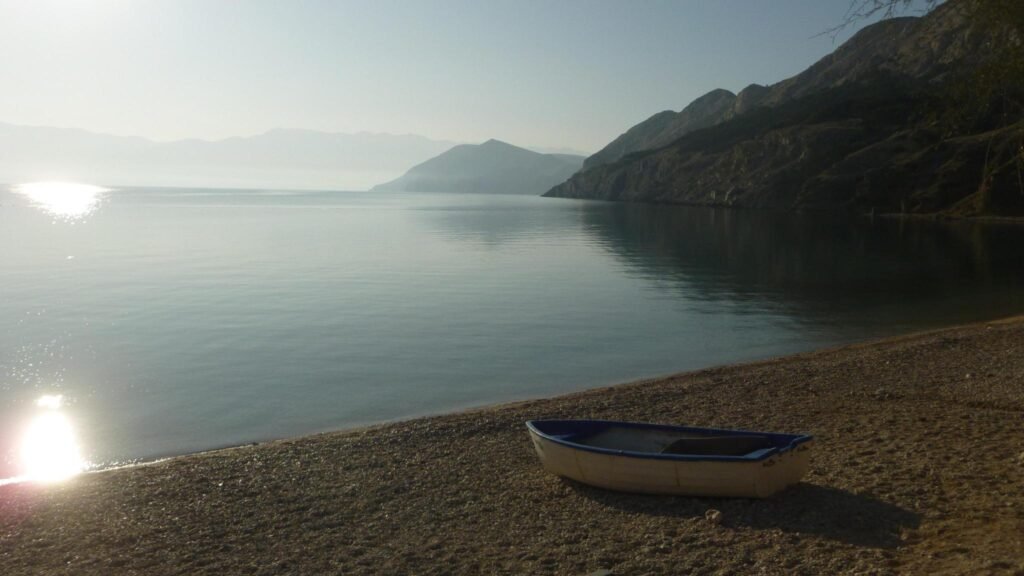
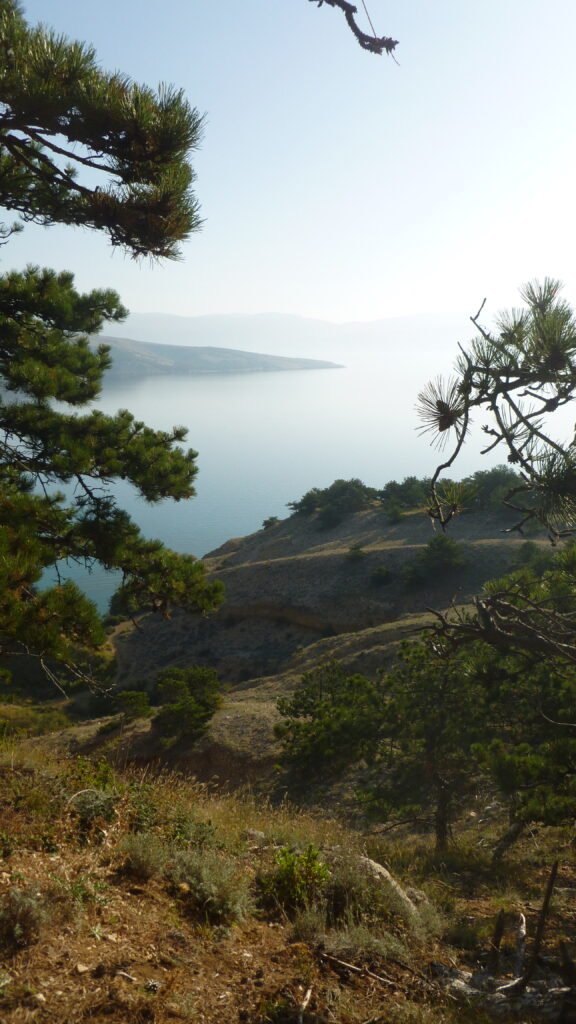
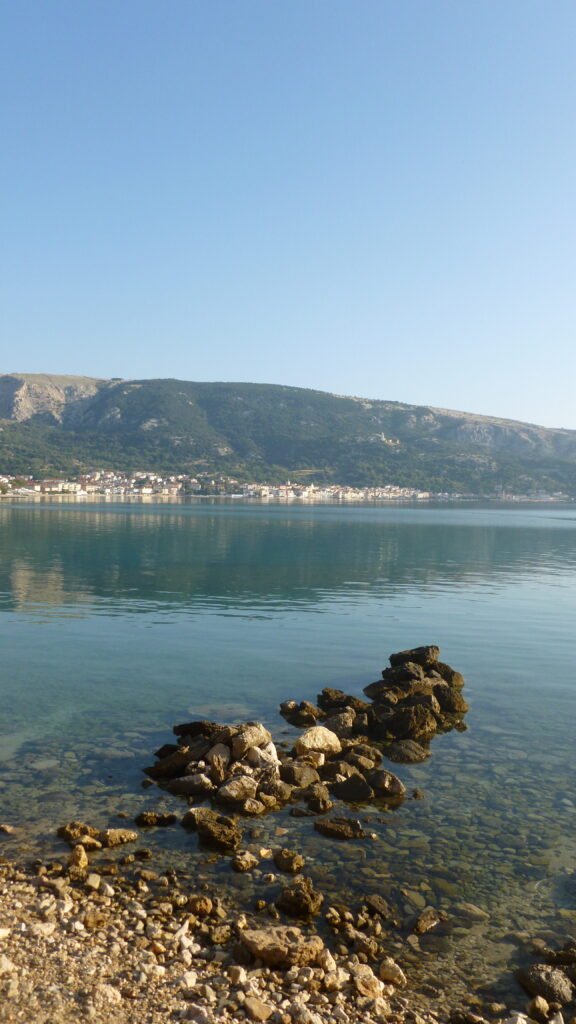
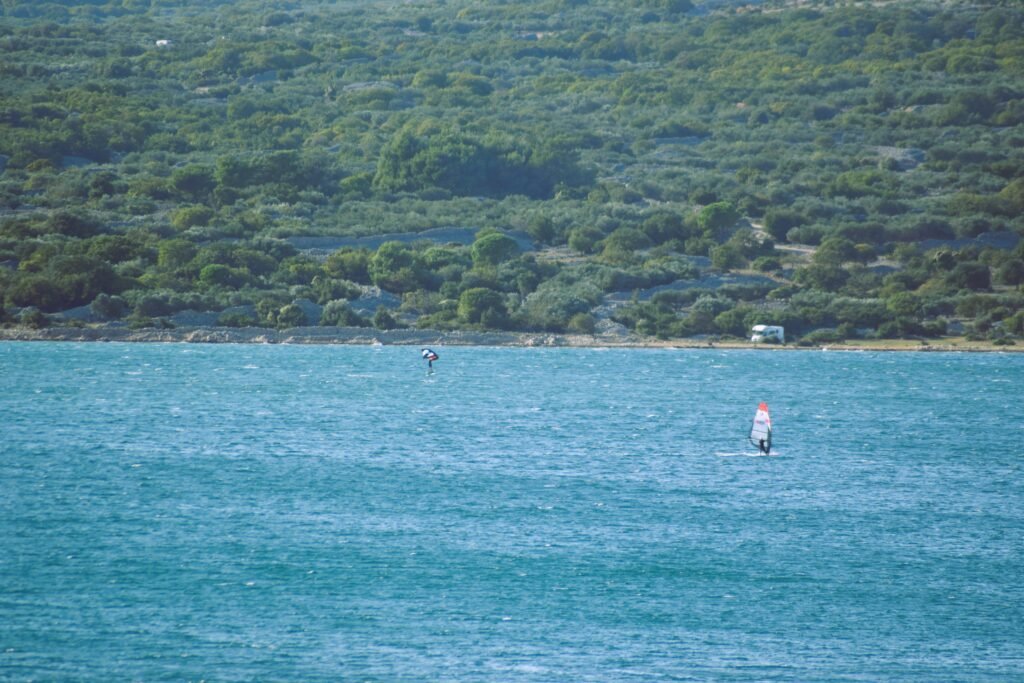
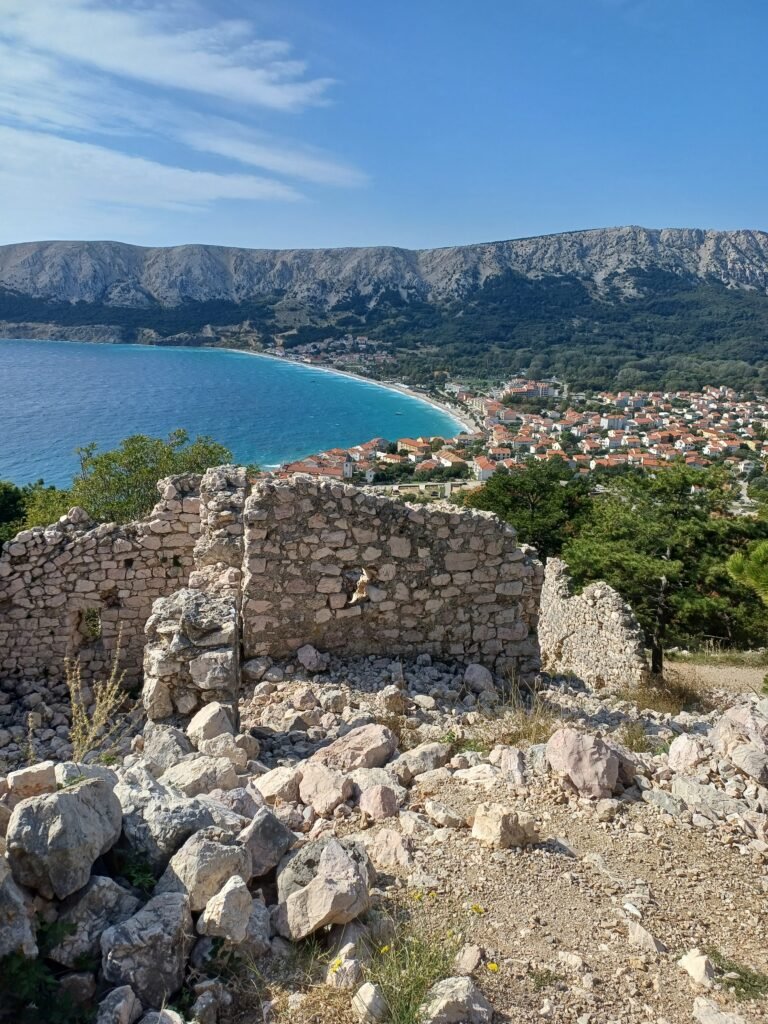
Krk Island sets a stellar example for sustainable tourism practices. By incorporating similar initiatives, destinations and accommodations worldwide can contribute to the global effort for a more environmentally conscious travel industry. Let’s adopt and adapt these practices to make a positive impact on the planet while enjoying the beauty and offerings of diverse destinations.
Safe and Sustainable Travels!
